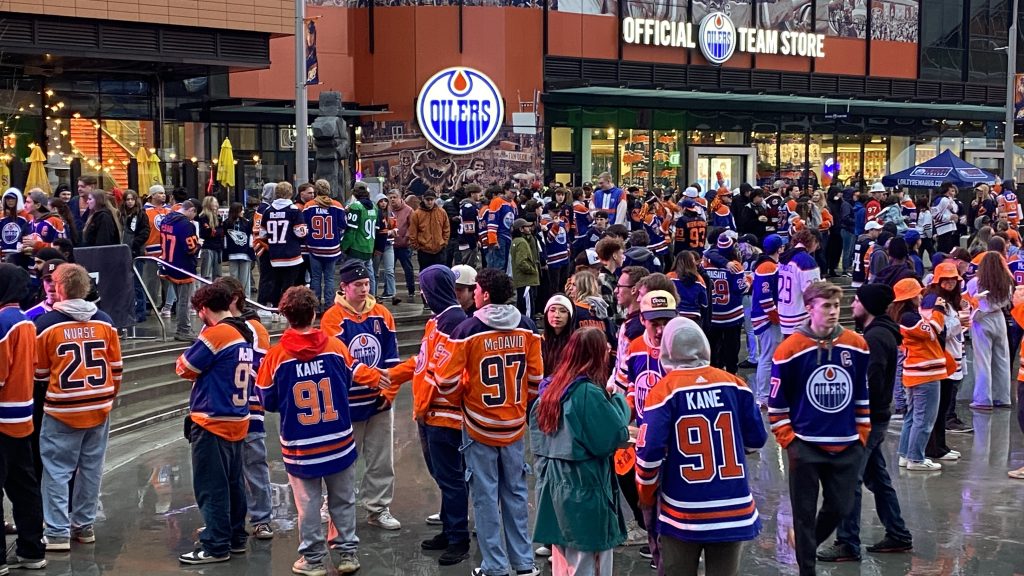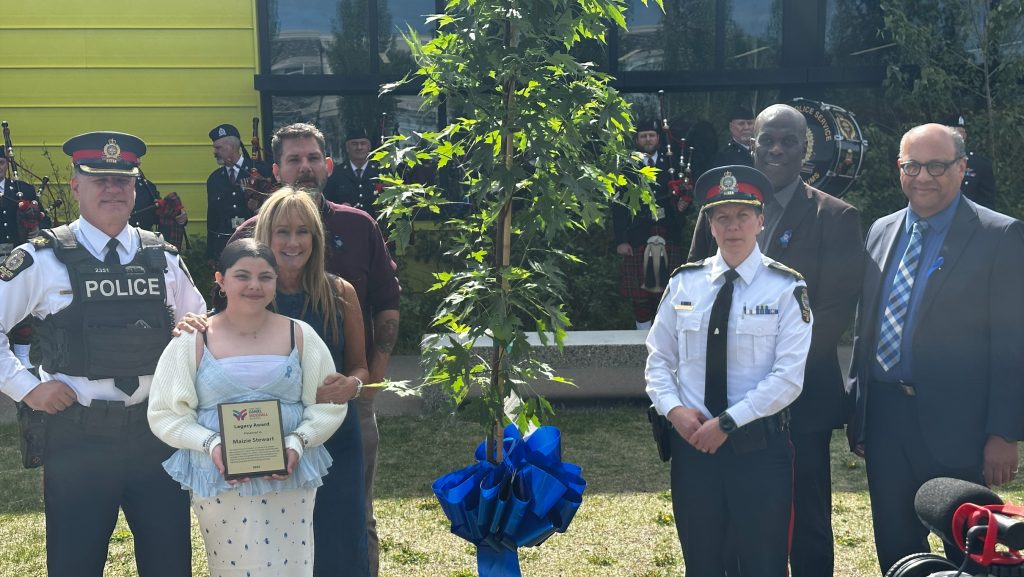Alberta patients suffering with Long COVID devastated by program cut
Posted August 8, 2024 7:05 pm.
Last Updated August 10, 2024 9:50 am.
Keyko Hesslein feels like her hope has been stripped away.
She received a letter from AHS Thursday morning indicating that the Long COVID outpatient program and rehab that she was a part of has abruptly come to an end.
Hesselin was only a third of the way through the program and says since the start it has been invaluable.
Her devastation is shared with many other long COVID sufferers who took to social media to express their disappointment.
“It helps us continue to work. It helps us continue to function in our home life. It helps us with mental support knowing that their are medical professionals that take long COVID seriously,” she said.
Hesselin is not exactly sure what she will do now.
“Even family doctors and stuff, you know they are not therapists,” said Hesselin. “We had meetings regularly with an occupational therapist, with a physical therapist, with a social worker, and they were providing us with all kinds of resources and support that a family doctor can’t.”
Kim Thorsen also learned about the service ending, and she’s worried other suffering will lose access to healthcare.
“I had lung testing done, neurological testing, muscular things, heart things, vision testing even, to verify that I what I was experiencing was indeed long-COVID. And then I was referred to many other health care professionals,” said Thorsen.
The program which was set up in 2021 has clinics in Calgary and Edmonton
In a statement to 660 NewsRadio Calgary, AHS says the Long COVID Inter-Professional Outpatient Program (IPOP) initiative has come to an end because it was only meant to be temporary.
“The health and well-being of our patients remain a priority, and we are committed to ensuring they receive the support they need during this transition,” AHS said. “All patients of these clinics are being directly notified and will also receive information on managing their health concerns through other providers.”
The health authority adds that while most Albertans can and should safely manage mild COVID-19 symptoms at home with the support of AHS self-care resources, Albertans can also reach out to their primary care provider or Health Link for support in determining whether additional supports may be needed for specific COVID-19 symptoms.
But Hesselin is still disappointed in the decision to shut the program, and she is calling on people to do their part to send a message to AHS and the province to reinstate the program.
Something echoed by doctors at the University of Alberta hospital, who deal with long COVID patients.
“Those that need support and are seeking care — certainly doesn’t feel like it’s any kind of decreasing at least,” said Dr. Grace Lam, physician.
Dr. Lam is the former director of the long COVID clinic at the U of A, and says it’s tough to compare the rates of long COVID, as people are still getting it.
“There are people who have been infected with COVID, even in the last six months that are finding themselves with these persistent symptoms of fatigue, brain fog, and in some cases, the burden of these symptoms are so significant, that they can’t get back to their usual daily activities.”
For patients like Thorsen, while she has a family doctor she can turn to, she knows many don’t, and believes there needs to be more specialized supports.
“It’s not their fault, family doctors are overwhelmed with their own workload and their own issues with cuts from Alberta Health — so few of them are going to be able to keep up with the knowledge and the research on long Covid to really help,” said Thorsen.
-With files from Darcy Ropchan








